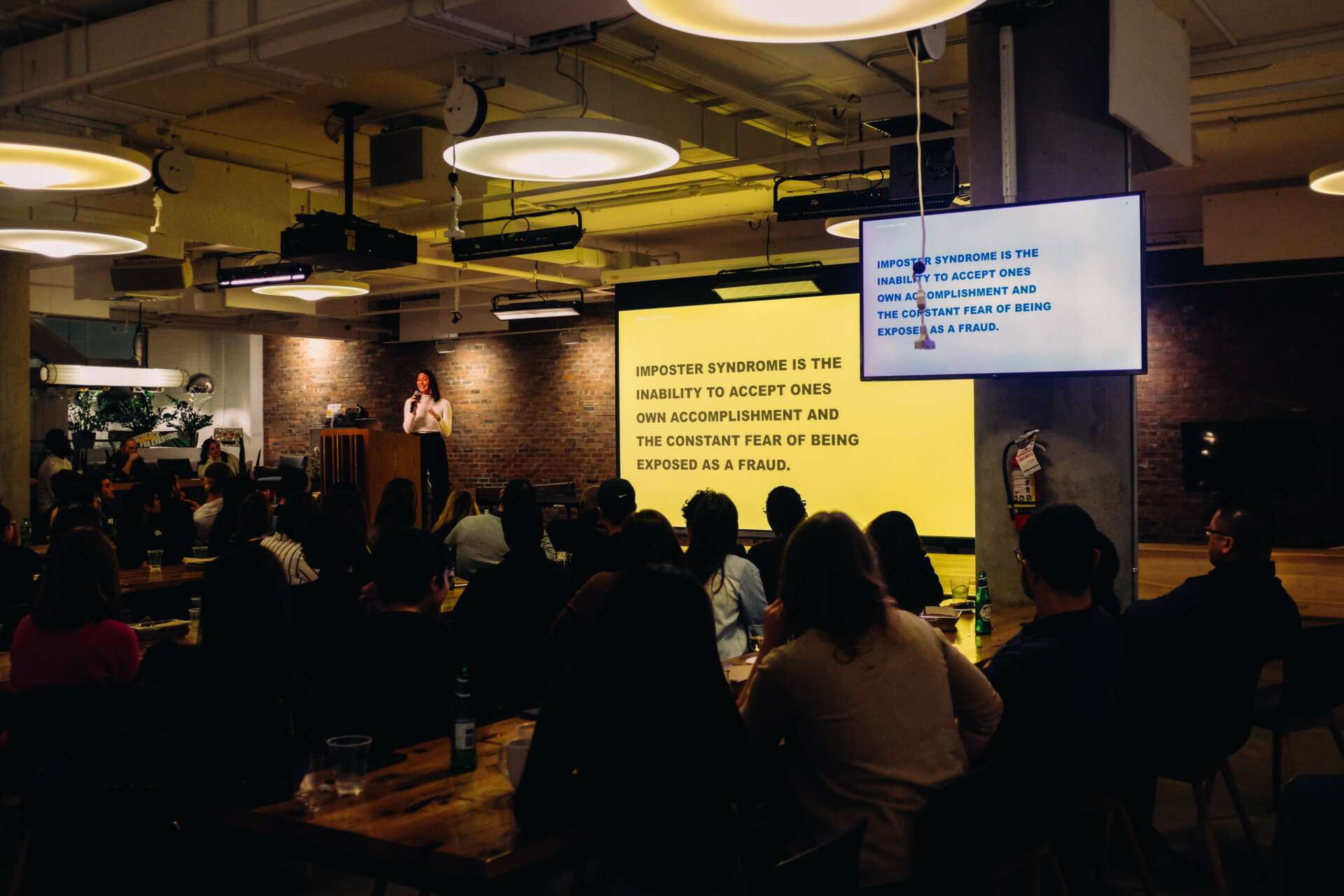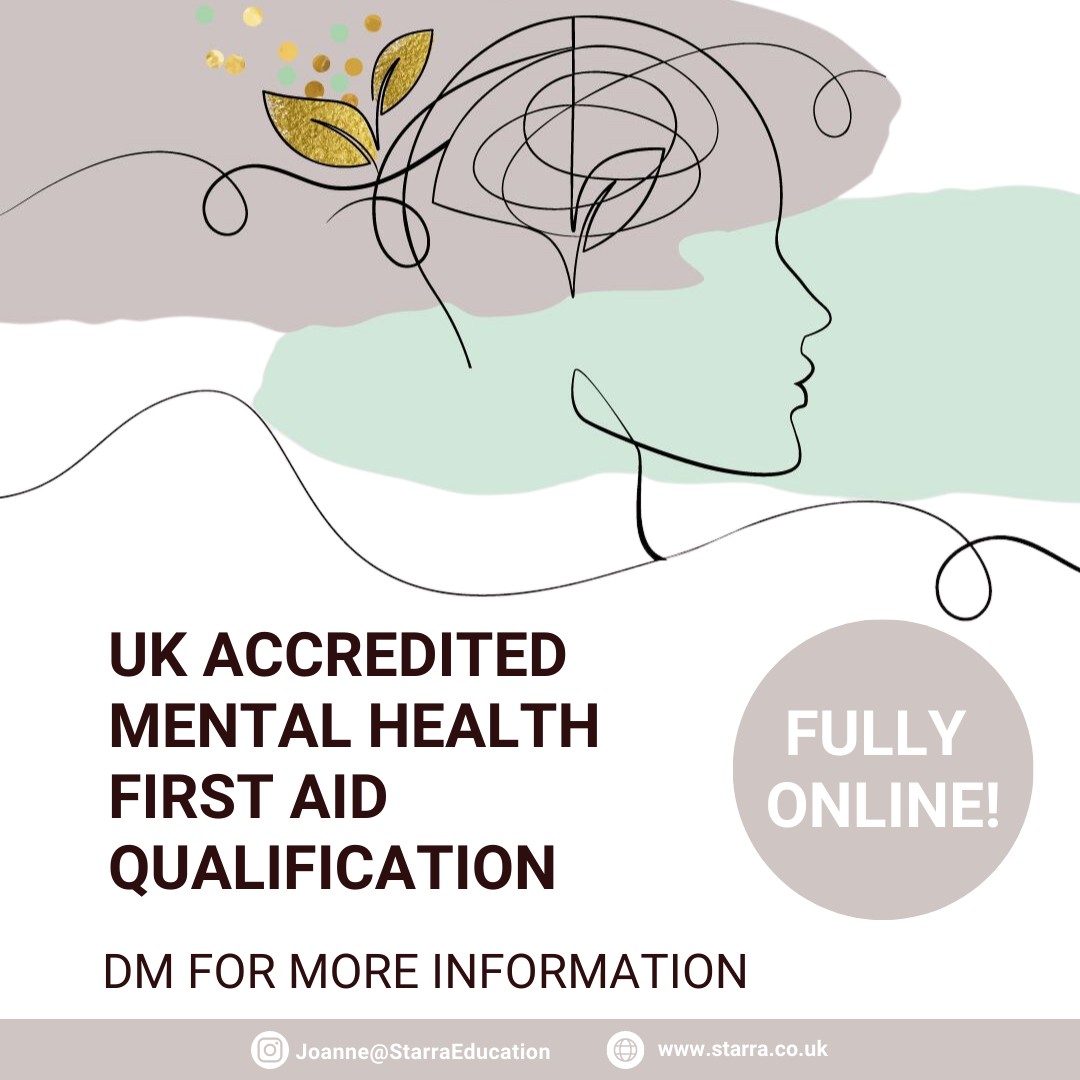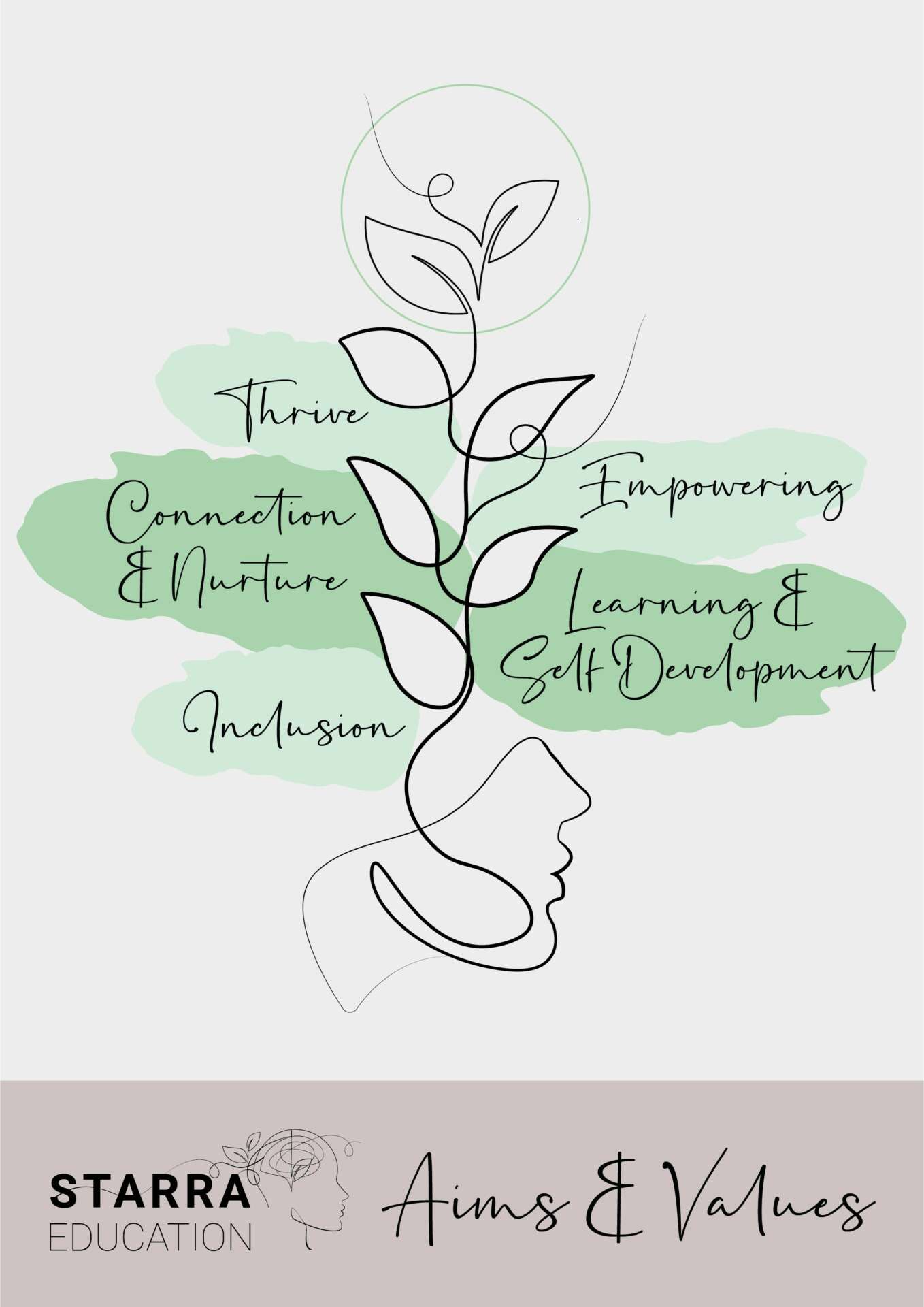We’re excited to introduce you to the always interesting and insightful Joanne Docherty . We hope you’ll enjoy our conversation with Joanne below.
Joanne , thanks for taking the time to share your stories with us today Looking back on your career, have you ever worked with a great leader or boss? We’d love to hear about the experience and what you think made them such a great leader.
I’m really lucky to have worked for and been mentored by some fantastic people but the one who has had the most impact on me is a wonderful woman called Lorna Trainer. I came back to Glasgow, my home in 2019 after 12 years working internationally. It was such a big move as I had been away for so long. I had the opportunity to work for Lorna’s company L&G Learning doing training that I hadn’t done before as well as gaining a new qualification. Lorna immediately made me feel so welcome, so included and so valued. The team she had created had such a family feel and I settled so easily. I had been worried about how I would adjust after being abroad for so long but I really thrived. I found Lorna exceptionally inspirational – the way that she conducted business in a values-driven way, the way that she treated people. I was always able to talk to her about professional issues but also personal issues in my life. As someone who grew up without her mother, it was massive for me to have an older, experienced woman to ask for advice. It’s something that I hadn’t really had before. She has always been so supportive and kind to me and when you feel supported you are able to go and pursue your dreams. I credit a lot of what I have achieved in the last five years down to Lorna and L&G Learning.


Joanne , before we move on to more of these sorts of questions, can you take some time to bring our readers up to speed on you and what you do?
I am the founder of Starra Education, where I provide accredited Mental Health First Aid training and consultancy services primarily working with organisations who are committed to improving the mental health culture in their companies. Mental Health First Aid (MHFA) is a training programme designed to provide individuals with the skills and knowledge needed to identify, understand, and respond to someone experiencing a mental health crisis or developing a mental health problem. The goal of Mental Health First Aid is to equip participants with the tools to offer initial support and assistance until professional help can be obtained. The training covers a range of mental health issues, such as depression, anxiety, substance abuse, suicidal thoughts, self-harm, and psychosis, among others.
The training typically covers the following key components:
-Recognizing the signs and symptoms of common mental health disorders.
-Understanding the factors that can contribute to mental health problems.
-Learning how to approach someone in distress and open up a conversation about mental health.
-Providing non-judgmental and empathetic support to the person in need.
-Assisting the individual in accessing appropriate professional help and resources.
-Promoting self-help strategies and offering ongoing support to the individual.
-Mental Health First Aid is not intended to replace professional mental health care but rather to complement it. Participants are taught to listen, reassure, and guide individuals toward appropriate help, fostering a more supportive community for those experiencing mental health challenges.
Mental Health First Aid aims to reduce the stigma surrounding mental health issues and improve mental health literacy within communities. By empowering individuals to respond effectively to mental health crises, the programme contributes to early intervention and better outcomes for those in need.
I also lecture and tutor at the University of Glasgow. This is the university I attended as an undergraduate so to be back here working is a dream! In addition to my work in academia, I am also a proud member of the Scottish Parliament Cross-Party
Group on Mental Health. This role allows me to contribute to important policy discussions and advocate
for improved mental health services throughout Scotland. By actively engaging with policymakers and
collaborating with fellow experts, I strive to bring about meaningful change in the mental health
landscape.

Let’s talk about resilience next – do you have a story you can share with us?
I think my adverse childhood pretty much sums up my resilience. My childhood was pretty chaotic, my mum was schizophrenic so I was raised by my grandmother. We didn’t have much money, living in a deprived area of Glasgow. It was a difficult time for us in Glasgow in the 80s – gangs, violence, drugs, poverty. My nan died when I was 10 which of course was heartbreaking as she had been my constant since I was a baby. I didn’t have a very happy time after this but managed to do well at school, get to university and have a fantastic career. I recently attended an interview to do my Doctorate and the interviewing professor said “I was going to ask you a question about resilience but I dont think I need to!”

Other than training/knowledge, what do you think is most helpful for succeeding in your field?
I have 5 top tips for this!
Embrace failure: Failure is not a setback but an opportunity to learn and grow. It’s important to embrace failures as valuable lessons rather than allowing them to discourage you. Each failure brings valuable insights and helps you refine your approach.
Prioritise self-care: Taking care of yourself is not selfish; it’s necessary for your well-being and effectiveness in helping others. Make self-care a priority and create a self-care routine that includes activities you enjoy and that recharge your energy.
Seek support and collaboration: Don’t be afraid to ask for help or collaborate with others. Building a strong support network and working together can lead to greater success and innovation. Surround yourself with mentors, peers, and like-minded individuals who can support and inspire you.
Embrace continuous learning: The field of mental health is constantly evolving, so it’s crucial to stay updated with the latest research and techniques. Engage in ongoing learning to enhance your skills and knowledge. Attend conferences, workshops, and training programs, and seek opportunities for professional development.
Celebrate successes: It’s easy to focus on what needs improvement, but don’t forget to celebrate your successes, no matter how small. Acknowledge your accomplishments and use them as motivation to keep pushing forward. Celebrating your successes helps to cultivate a positive mindset and builds confidence in your abilities.

Contact Info:
- Website: https://www.starra.co.uk/
- Instagram: https://www.instagram.com/starraeducation/
- Facebook: https://www.facebook.com/profile.php?id=100082412754577
- Linkedin: https://www.linkedin.com/in/starraeducation
- Twitter: https://twitter.com/StarraEducation
- Other: https://linktr.ee/starraeducation


